For Families
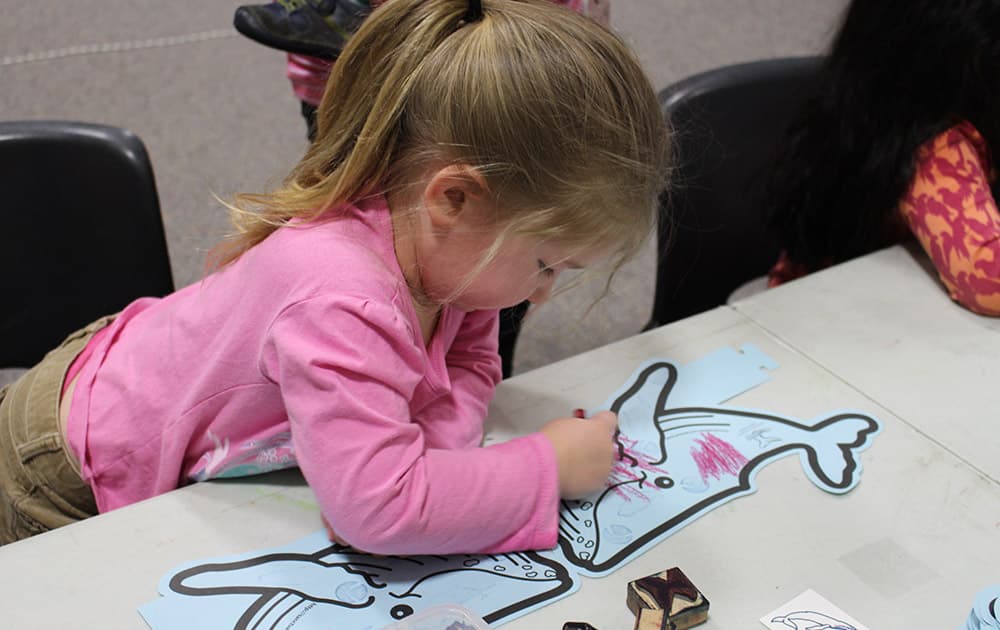
The sanctuary offers a variety of programs for families with preschool to middle school age students. Led by staff and our volunteer ambassadors, the sessions cover a range of topics, including whales, sea turtles, seabirds, fishes, sanctuary biodiversity, shipwrecks and maritime arts. Venues include libraries, community centers and after-school programs. You can also learn more about the sanctuary at one of our exhibits at aquariums and museums around the region.
Whales
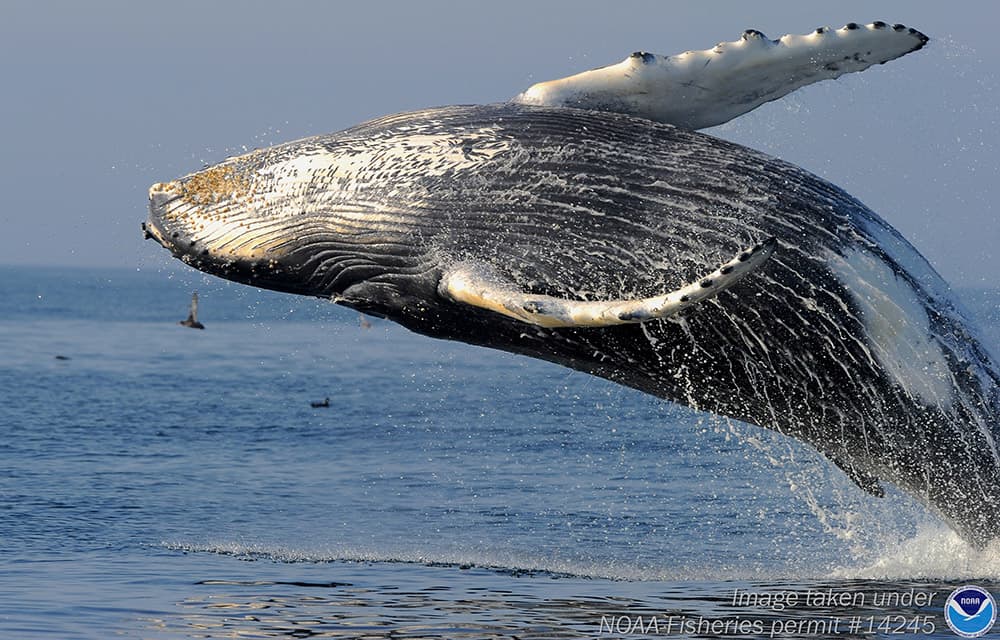
This program can be offered with or without our inflatable whale, Salt. If interested in a Salt program, review the Salt page. Topics covered include whale migration and threats to whale safety, baleen and toothed whales, comparison of whale vs. human anatomy, and whale sizes.
Sea Turtles
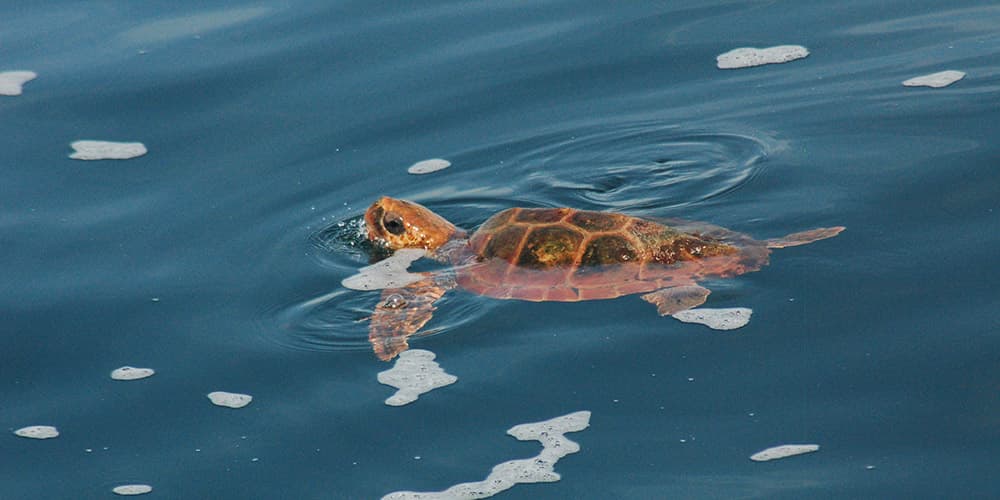
Developed with NOAA Fisheries, this session includes identification of local species, threats from marine debris and strandings.
Seabirds
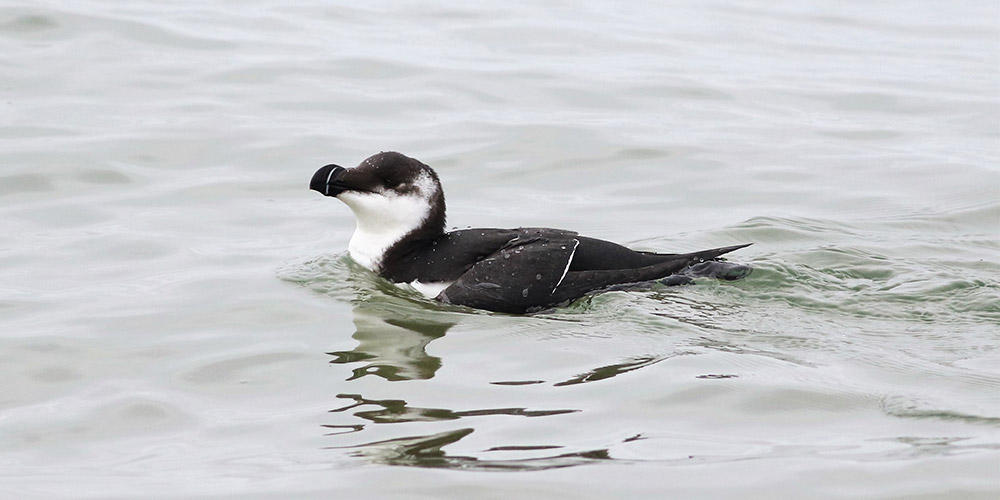
The sanctuary has a well-respected seabird research program and an active volunteer program building a year-round sightings database. Topics in this program include findings from research, bird adaptations, seabird identification, and shearwater migrations.
Fishes
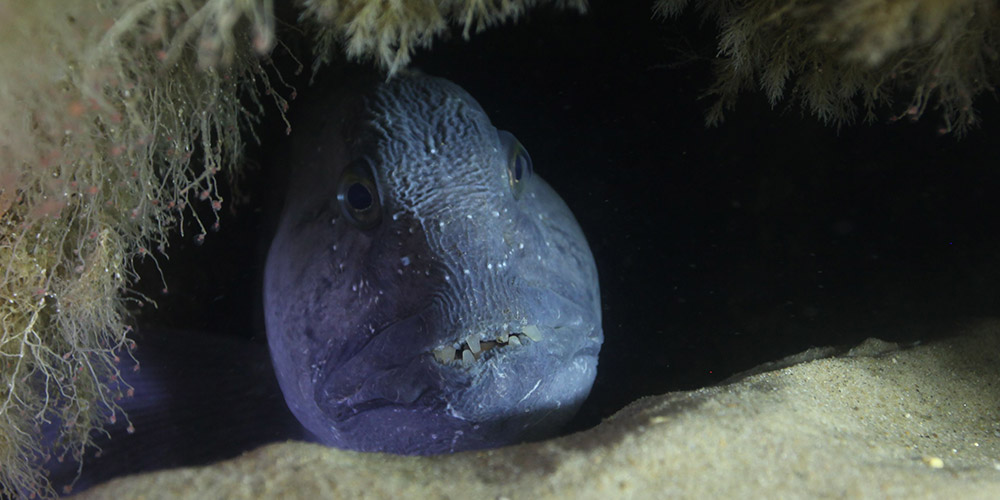
The sanctuary is working with NOAA Fisheries and the Massachusetts Division of Marine Fisheries to build recreational fishing programs for families. Activities include fish identification, design-a-fish, responsible fishing practices, and seafood safety. Many of the resource materials have been translated into Spanish.
Marine Biodiversity
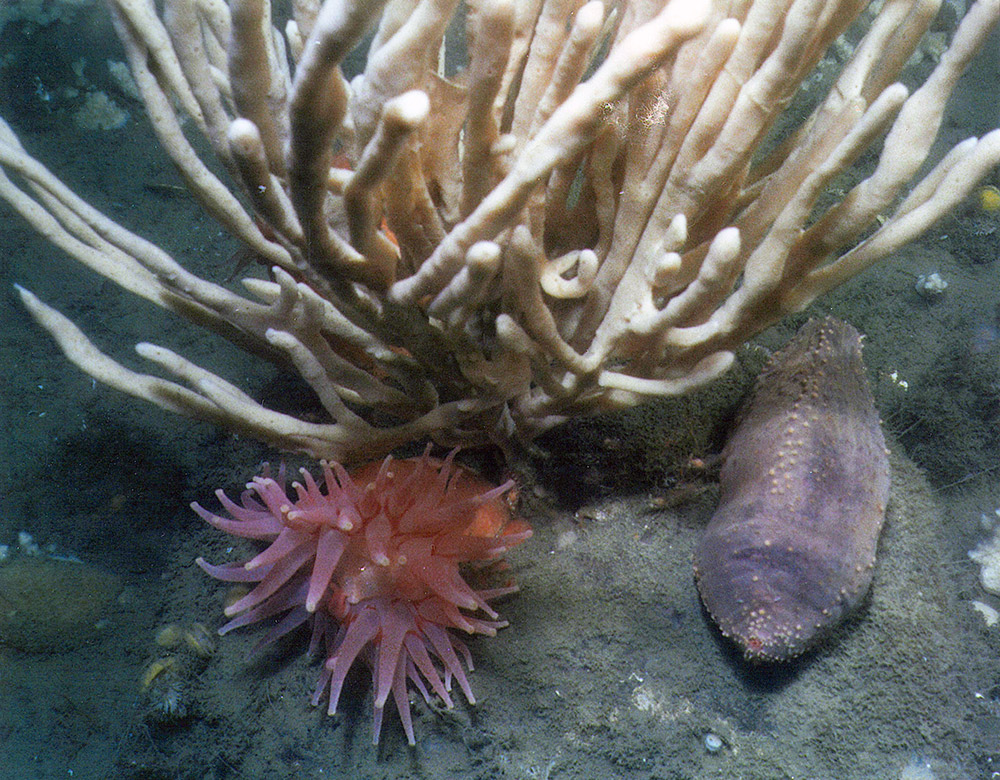
The Stellwagen Bank area is one of the more biologically diverse and productive areas in the Gulf of Maine. This session offers activities ranging from classification bingo, food web and food chain card games, and species "concentration."
Shipwrecks

Stellwagen Bank National Marine Sanctuary is home to numerous shipwrecks, including some of historical significance. Our program offers a simulated shipwreck with artifacts that can be explored and documented.
Maritime Arts
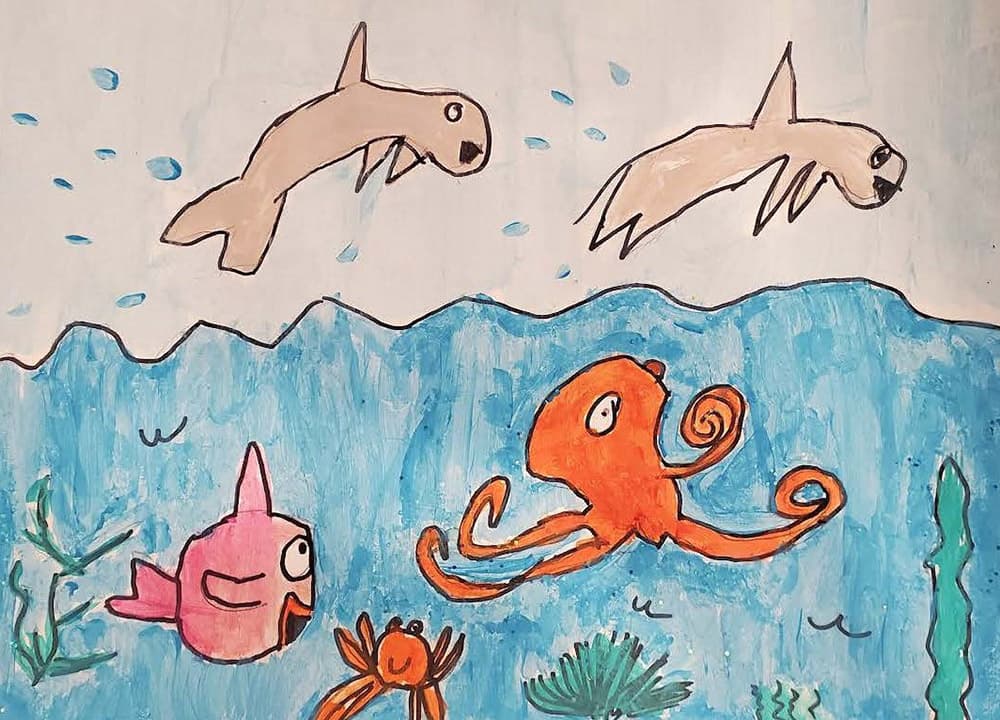
We explore a variety of craft projects that incorporate sanctuary resources or maritime traditions, including sailors' valentines, scrimshaw, drawing a sanctuary species, and creating a pattern for a humpback whale's tail.
Book a Family Program
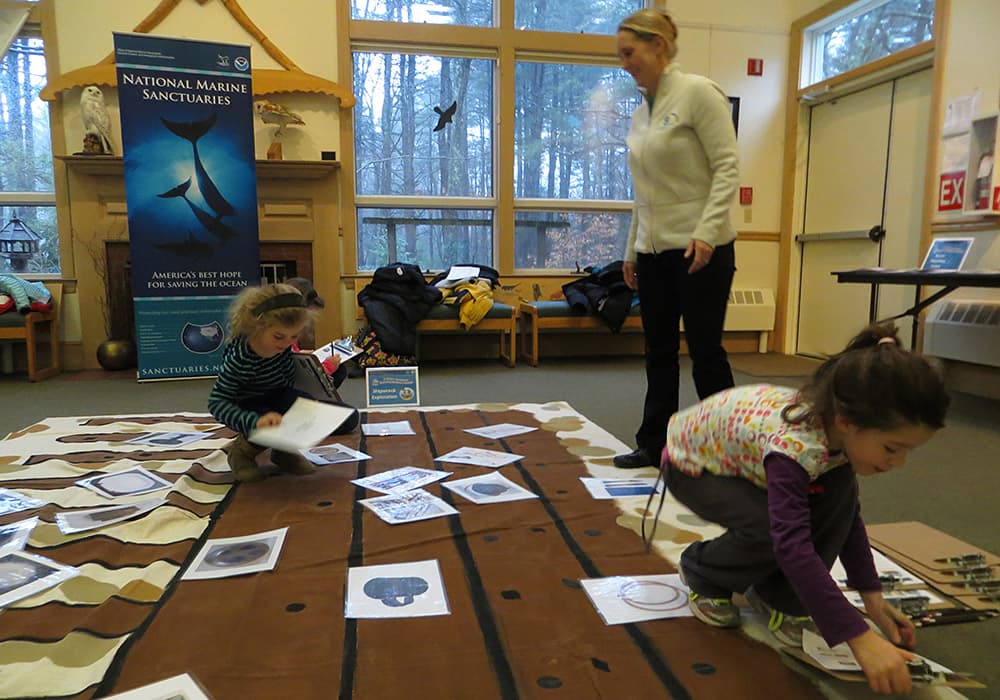
Please fill out this form to request a family program. The form requires details such as possible dates and times, number and age of participants, and any supplemental educational programming needs. Submission must be made by the host institution's director or designated authority. Due to staffing limitations, we may not be able to accommodate all requests.

